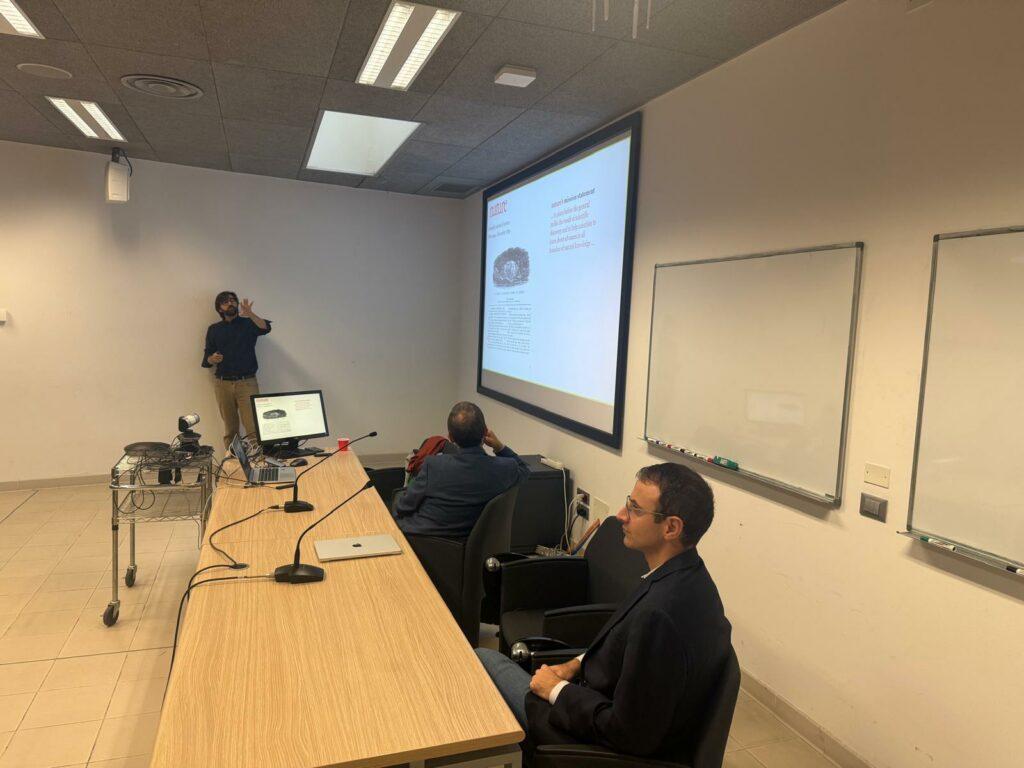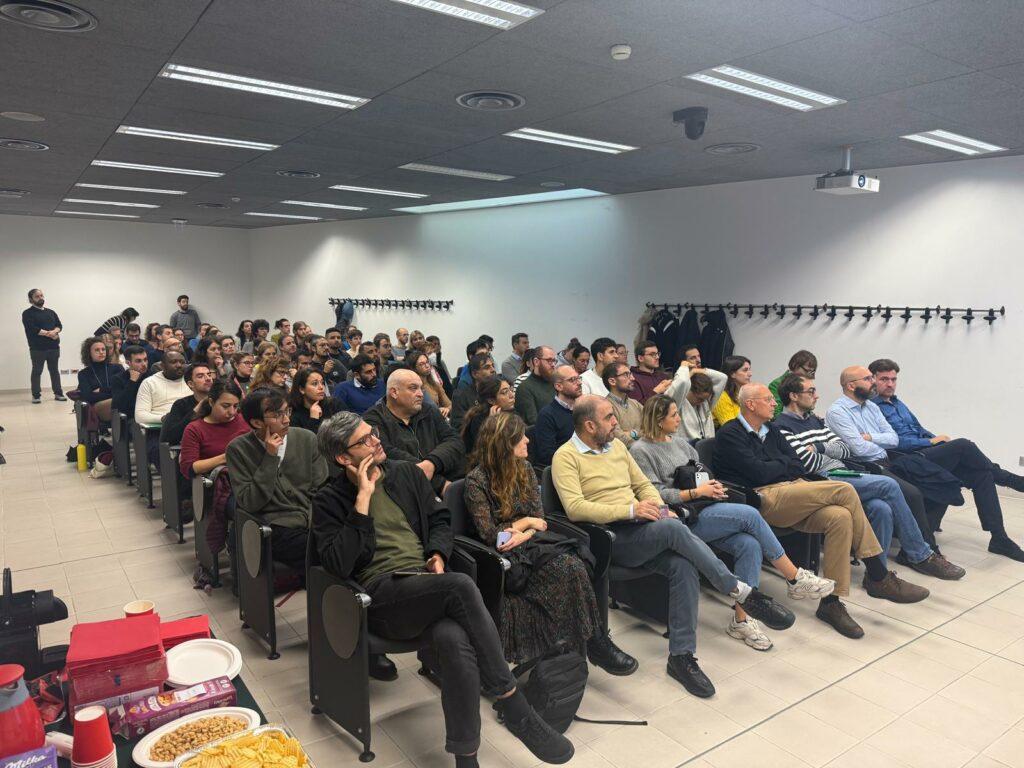Today, the Department of Molecular Sciences and Nanosystems at Ca’ Foscari University of Venice hosted an insightful talk by Dr Federico Levi, deputy editor at Nature, as part of the Engineering Physics Colloquia. The room was filled to capacity with 90 attendees, and additional participants joined via Zoom, underscoring the significant interest in the topics covered.
During his presentation, Levi shed light on several critical aspects of the publishing process at Nature, including their stance on preprint submissions, the role of double-blind peer reviews, the pre-submission enquiry process, and many other topics. One highlight of the discussion was Nature‘s encouragement of preprint submissions to platforms like arXiv, a crucial tool for disseminating early-stage research and receiving feedback.
The talk offered a rare glimpse into the journal’s editorial decision-making process, as Levi explained how Nature seeks to publish the most impactful scientific developments while ensuring that they resonate not only with specialized research communities but also with the broader public. His presentation emphasized how influential the journal can be in steering research by focusing on key scientific challenges, reflecting on the kinds of groundbreaking work that get selected for publication.
Overall, the event was a great success and provided attendees with valuable insights into the editorial principles that guide Nature. It also opened discussions on the role of high-impact journals in shaping the global research agenda.


